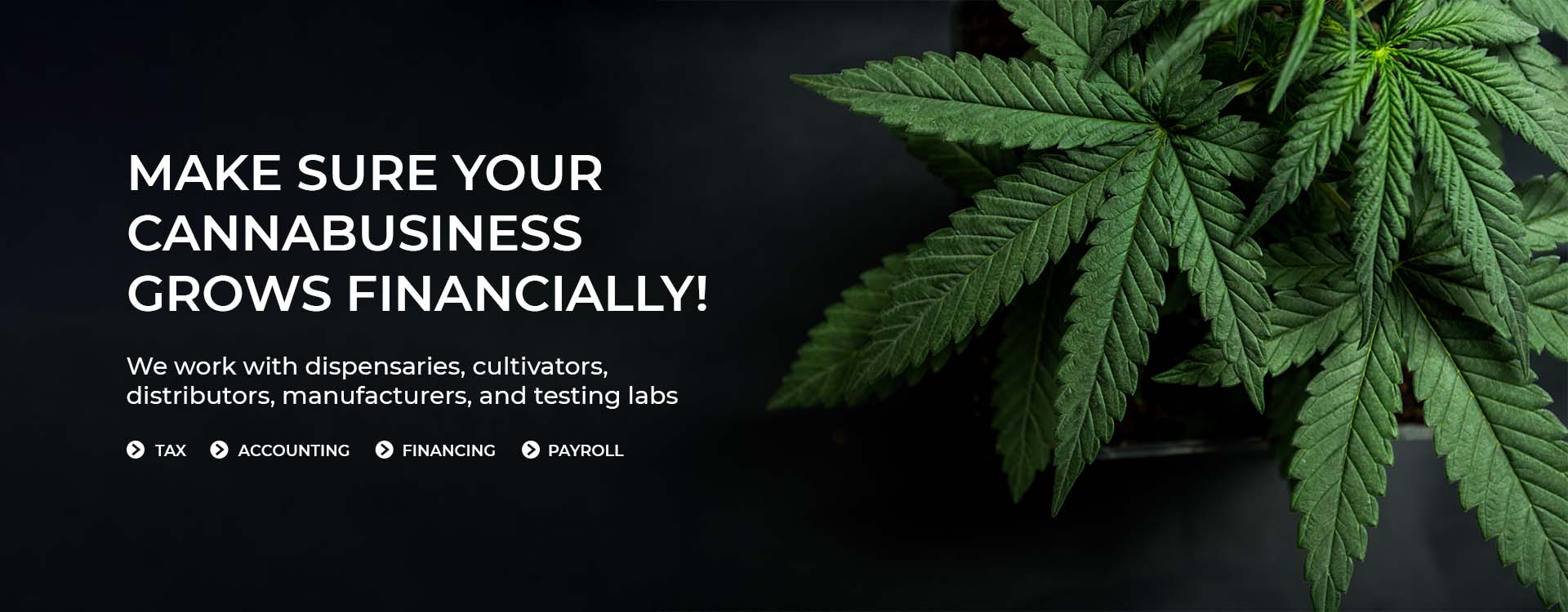|
CBD Cannabidiol (CBD) Accounting and Tax Related Issues |
|
|
Cannabidiol (CBD) has only been legalized in the United States since 2014 and only when it is sourced from the hemp plant and not the cannabis plant. CBD is one of more than 400 substances found in marijuana and it is not psychoactive, meaning it does not alter the brain function, perception, mood or consciousness. Many states have passed the law to permit the use of CBD extract, typically in oil form, often with small traces of tetrahydrocannabinol (THC), for the treatment of epileptic seizures in children.
CBD is also found in hemp, which is a plant that is related to the marijuana plant. Hemp products are legal to import and sell in the US, if it contains little to no THC (0.3% THC is less), but only in the states that have commercial industrial hemp programs. According to the 2014 Farm bill, also known as The Agricultural Act of 2014, US farmers are not permitted to grow hemp. Farmers are legally allowed to cultivate and industrial hemp for the purposes of research under an academic research program or state agricultural pilot program. Hemp is also not permitted to be shipped between states, even if the plant is legal in both states. |
|
Although CBD lacks the psychoactive properties of THC, as an ingredient of marijuana CBD is still considered to be illegal under federal law if it is extracted from the cannabis plant. Under the United States Controlled Substances Act, marijuana is currently regulated as a Schedule I drug. Since CBD is a component of marijuana it is classified as a Schedule I drug.
Additionally, during the height of the War on Drugs Congress created section 280E of the Internal Revenue Code in order to prevent drug dealers from claiming deductions for business-related expenses. The results from this legislation is that state-legal cannabis businesses are now prevented from claiming most business expenses and are instead limited to costs of goods sold (COGS) deductions to offset their tax liabilities.
In conclusion, for businesses that provide CBD related products and services remember that section 280E still applies. If your business can prove that the CBD came from an industrial hemp source that is legal per state law, there is a chance you can claim the proper deductions. CBD companies should refer to state laws regarding taxation for CBD businesses given that hemp laws are different in every state.
|


